
How Many People Have Criminal Records?
In America, LOTS of people have criminal records. It is estimated that over 70 million adults in the US have a criminal record of some sort.

How Do I Find a Reputable Sober House?
While many generous and compassionate people open sober houses to help individuals in recovery, unfortunately, there are also many stories of sober homes that are not safe, stable, and healthy environments.
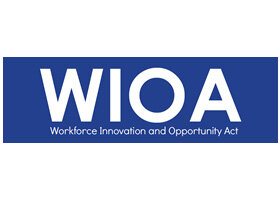
What Is WIOA and How Can It Help Me Find Work?
The Workforce Innovation and Opportunity Act (WIOA) program is a landmark piece of legislation designed to push into the states to improve and strengthen the US workforce.
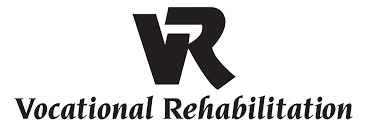
What Does a Vocational Rehabilitation Agency do?
Every state has a vocational rehabilitation agency designed to help individuals with disabilities meet their employment goals. Vocational rehabilitation agencies assist individuals with disabilities to prepare for, obtain, maintain, or regain employment.
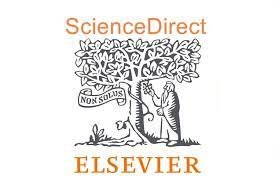
What Are the Links Between Employment and Recovery?
There are many anecdotal stories of how people stay on the path of recovery due to employment. And this makes sense: employment provides purpose and a sense of pride that can help many people when recovery gets rough.
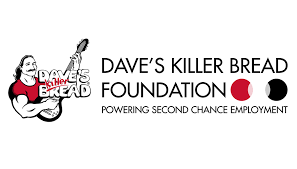
Organization Spotlight: Dave’s Killer Bread Foundation
In my research into second-chance employment, I run across the great work these folks do all the time. Dave’s Killer Bread purposely employs people with criminal convictions, and their foundation shows other companies the importance of employing this population. Besides the link to their website, I have also included the link to a great short video that tells their story. Enjoy!

What Skills Can I Learn in an “A” Job?
In the ABC Employment Path, the “A” stands for ANY job. This means that in early recovery or just after release from incarceration, the most important thing is to take any job possible to get used to working again, make some legal money, and begin to build skills. For some who were criminal justice-involved, there may also be a probation or parole requirement that includes work.

Where Are the Best Places to Look for Employment In Early Recovery?
When I got sober, I had some early setbacks finding work because I applied at the wrong places. I had a significant job gap and criminal convictions to contend with and applied at some large companies that couldn’t hire me due to their inflexible policies. Big mistake!
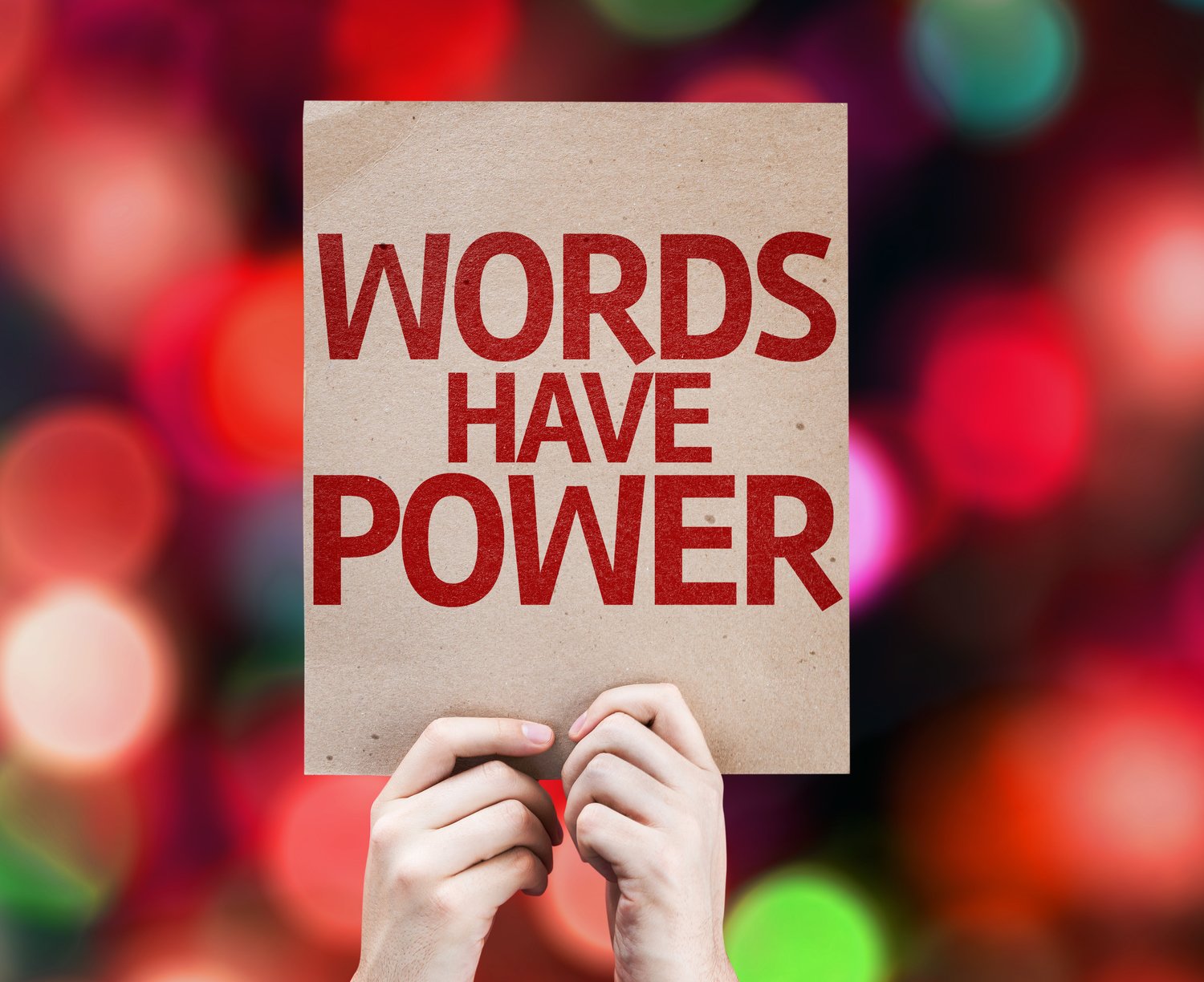
How to Use “People First” Language When Speaking About Individuals in Recovery
Using “people first” language helps to first emphasize the dignity of a person as a human being, rather than labeling their condition or something they have experienced as the thing that defines them.
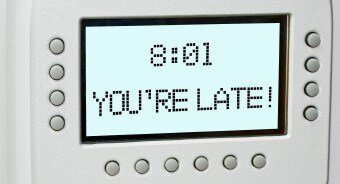
The Three Most Important Skills Employers Want
Transferable skills and self-management skills are important for employees to possess because they are highly sought after by employers. But even people who don’t have these types of skills can make themselves highly valuable by demonstrating the three skills that employers care about the most.

What is The ABC Employment Path?
For those in recovery from addiction, homelessness, and past criminal justice involvement, getting a job isn’t always challenging, but getting a job that offers long-term potential and advancement can be trickier. Often, job seekers in this situation find themselves stuck in entry-level positions for much longer than they would like.
The ABC Employment Path offers a way to think about employment milestones to continue moving forward and provide hope.
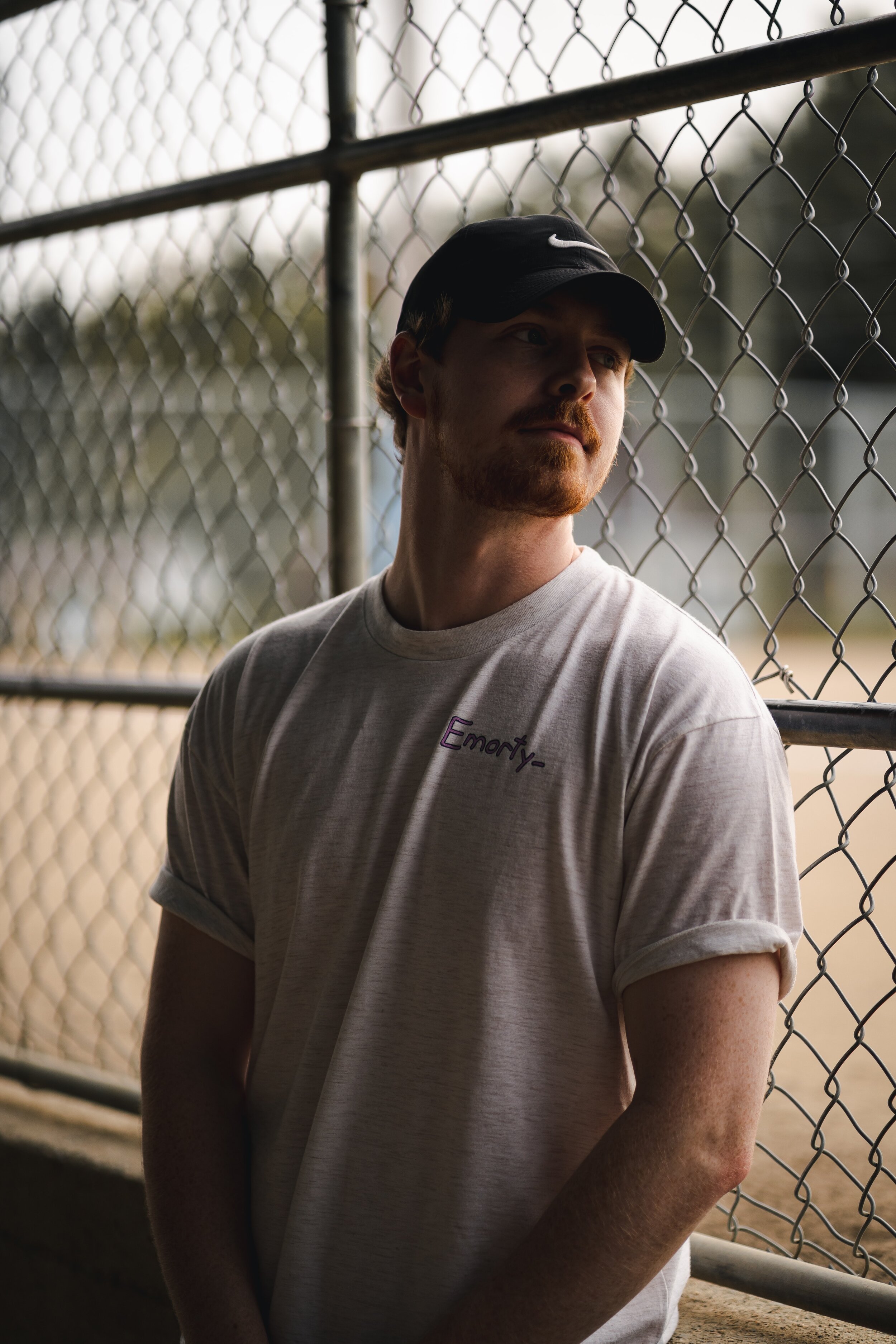
Unemployment and Recidivism
A recent study by the ACLU found that 75% of formerly incarcerated individuals are still unemployed one year after release. But this isn’t just a problem for people with criminal records…
Got a criminal record?
The #1 issue that my clients bring up is how to explain their past to a prospective employer (or landlord). This short video gives some great tips about how to address this when interviewing.

Fair Chance Employment: What it means for you
Washington State and the City of Seattle clearly define protections in housing and employment for those with conviction and arrest records. For most jobs, you don’t have to reveal your criminal history until after an initial screening to “eliminate unqualified applicants.”
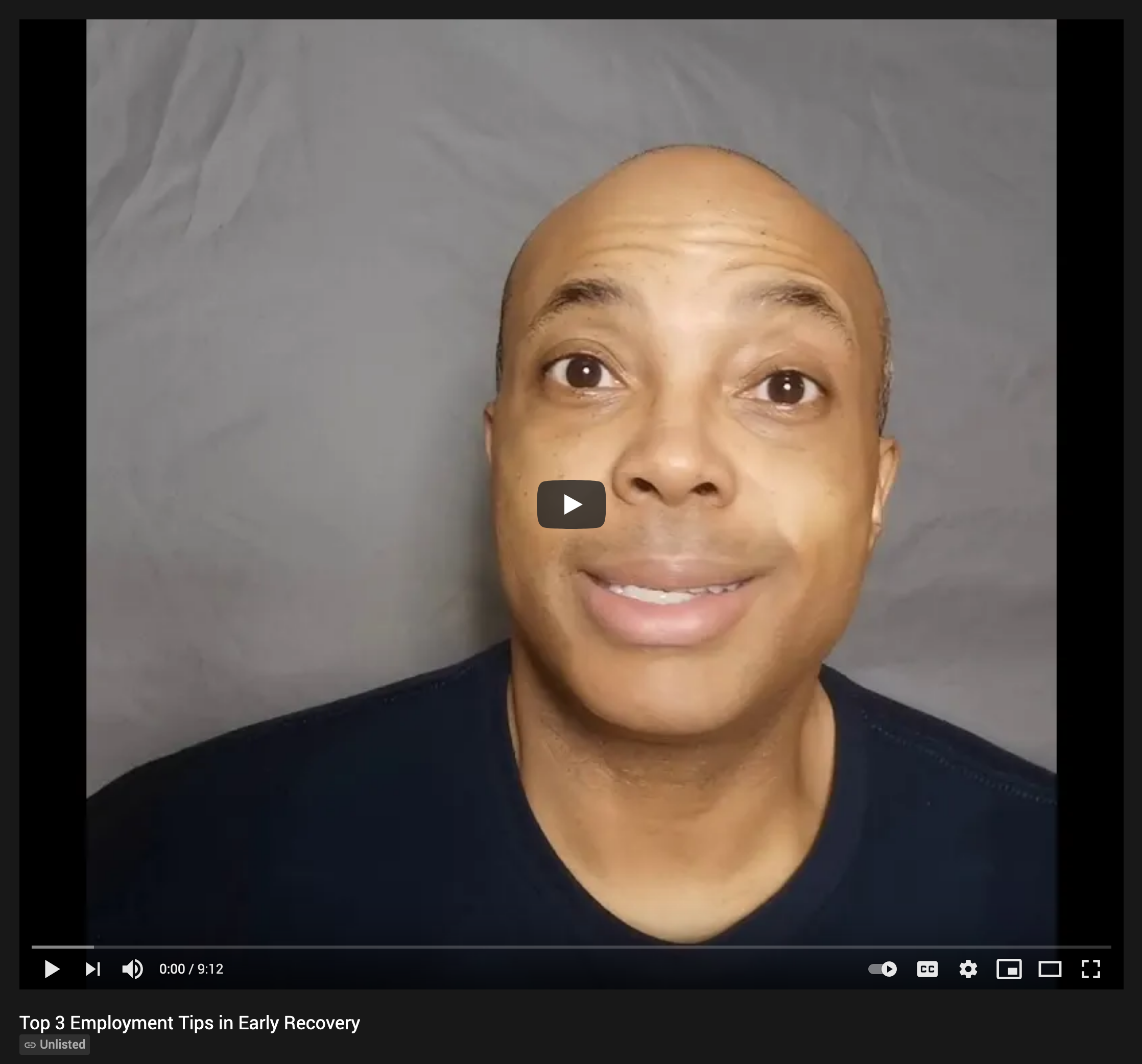
Top 3 Employment Tips in Early REcovery
Figuring out how to stay sober and find work can be overwhelming for many in early recovery. In this video, Ty gives three practical tips to help lay the foundation for long-term success and compares his comeback journey to a cheating spouse...wait, what?
